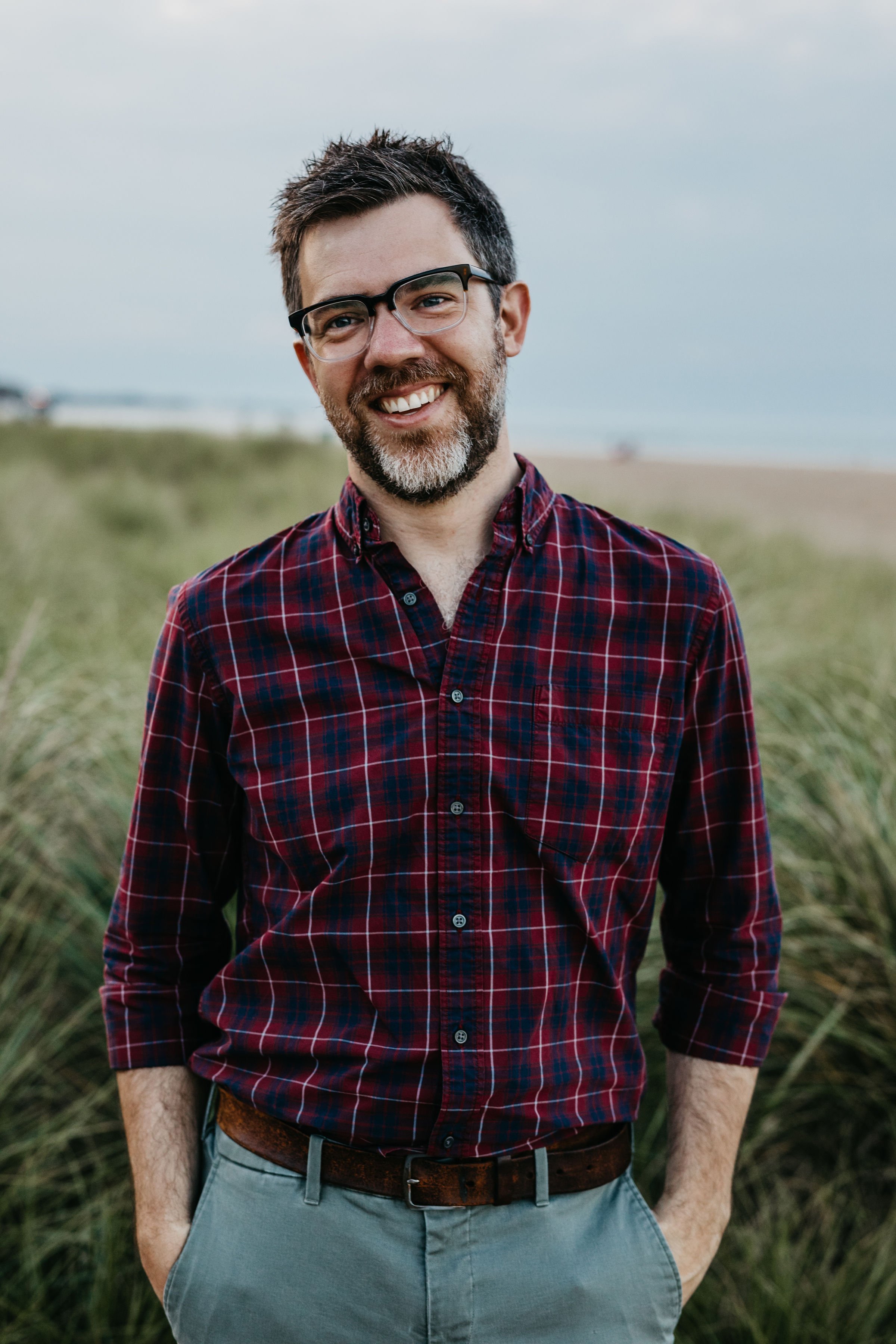We all know that we need to distinguish ourselves on our graduate school applications and that the statement of purpose is a crucial space for doing so. I think of this challenge as a matter of “finding your voice.” As I see it, finding your voice is not only a matter of learning how to write in a stylish, distinctive way, important as that may be; it also has to do with the content of what you share. In this post, I would like to share my thoughts about two aspects of the personal statement for which finding your voice is particularly salient: the extent to which you use academic terms and how you articulate the problem, puzzle, or issue that you propose to address with your research.
A disclaimer: these thoughts have been shaped by my personal experience applying to and learning in a doctoral program in anthropology. That said, I am sure that they hold relevance for graduate applications more broadly!
On the Use of Intellectualized Language
In your applications, it is a good idea to demonstrate a degree of familiarity with the academic literature and debates that are relevant to your proposed research. One way of doing this is to include some choice terms of art associated with your favorite theorists. I want to suggest, however, that you exercise restraint in using specialized academic language. First, we all know that when you deploy concepts far outside the realm of ordinary language in your written work, you should take a moment to explain them to your reader. Since you will be working with a limited word count in your personal statement, though, it is unlikely that you will have the space to do so. As a result, jargon can end up raising more questions than clarifying things to the admission committee. Second, academic concepts are invariably contested; indeed, part of what it means to be an academic is to debate not only the facts but the theoretical and conceptual frameworks we use to produce and make sense of the facts. Avoiding highly theoretical language in your statement of purpose avoids the possibility that your readers have no allegiance to or even fondness for your favored concepts or theorists. Third, even though the faculty in your prospective program are likely to be some of the most widely read and technically sophisticated thinkers that you will ever meet, they will want to see that you are a grounded thinker who is responding to concrete issues. The best way to show this, I think, is use only those terms which you think are essential for your conceptualization of your project and be sure to explain their meaning and significance.
Ultimately, the process of learning how to balance the rarified language of academia and the kind of language that people use to communicate across disciplines and outside of the academy is a crucial part of graduate training. You should show the admissions committees that you are excited to find your intellectual voice in their program.
On Articulating your Connection to the Issues
If your high school experience was anything like mine, you got the message that you should excise every trace of yourself from your writing. (One of my teachers once crossed out every “I” in an essay on medieval European history and wrote in the margins: “Who the heck are you?”) It may be that the writerly norms of your discipline discourage the use of personal pronouns; nevertheless, it is vital that you convey a sense of your intellectual and personal stakes in the topic you propose to study in graduate school. For one, the admissions committee wants to see that you are connected in passionate, concrete way to your topic of study, since this will give them confidence that you will remain committed to the program and your research through the vicissitudes of graduate school. Moreover, describing your personal investment in the issue you propose to study can help to make you stand out as a distinctive, serious candidate. Finally, since there is a plethora of issues that is worthy of academic attention and funding, the admissions committee needs to be persuaded that your issue is particularly important and that you are the one that needs to be studying it.
None of this is to say that you need to share the intimate details of your personal life in your statement; your commitments and values should shine through on the page if you make the effort to describe the problem succinctly and forcefully and to show how it bears on values that we hold dear as a society: health, equality, democracy, justice, and so on. Nevertheless, you might consider sharing a personal anecdote of how the issue became salient to you or how it bears on a value that is particularly important to you.
Helping people to identify the issues—intellectual, political, practical, ethical—that matter the most to them is one of my favorite things to do with graduate school applicants and academics at all stages of their training. The title of this post is finding your voice because I see this as a long term, even never-ending process. Remember that we do not enter graduate school as fully formed thinkers or practitioners; that’s why we are seeking advanced training! The faculty in your prospective department know this, and more likely than not, they will delight in seeing that you are invested in growth under their mentorship. One of the most impactful things I have heard a faculty member in my department say is that they hope that we will not carry out the exact research that we proposed in our applications, since that will have meant that they were unable to teach us anything. What you can do in your statement of purpose is show that you have thought seriously about the issues that you propose to study, that you are deeply invested in investigating the problem, and that you see graduate training as an important step in finding your voice in graduate school and beyond.


Comments